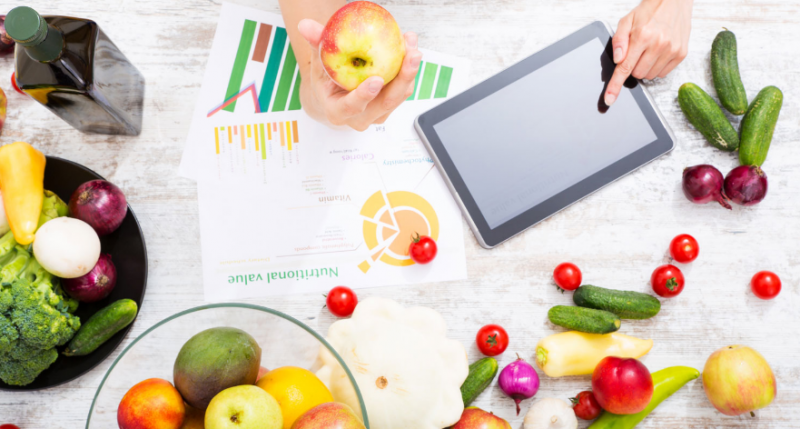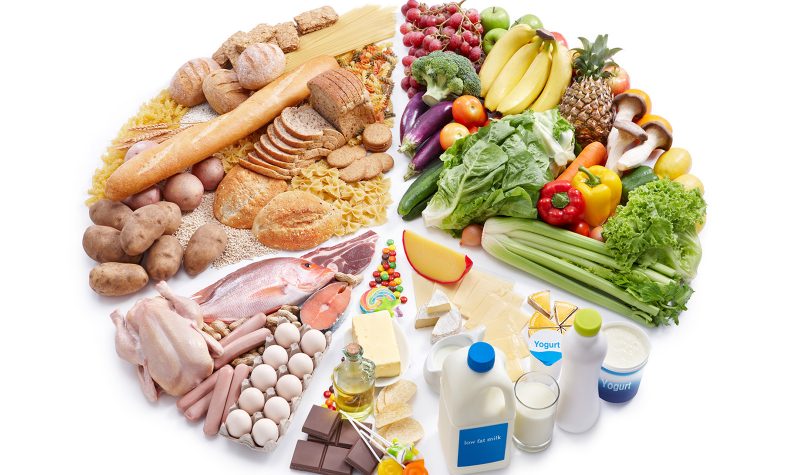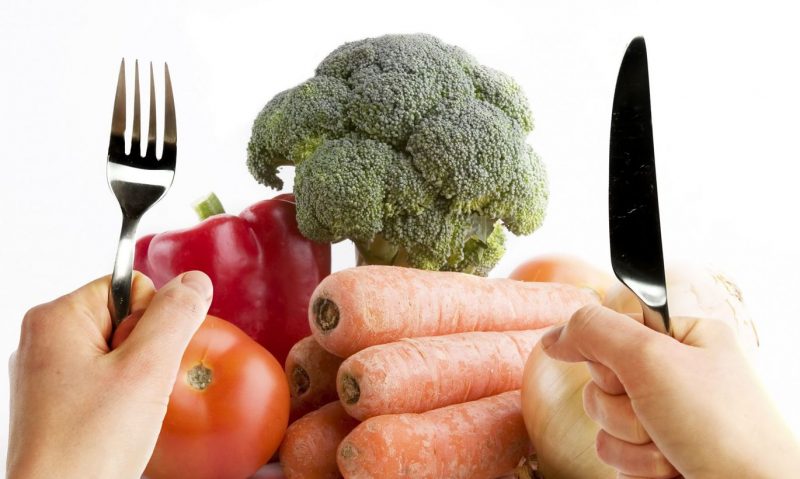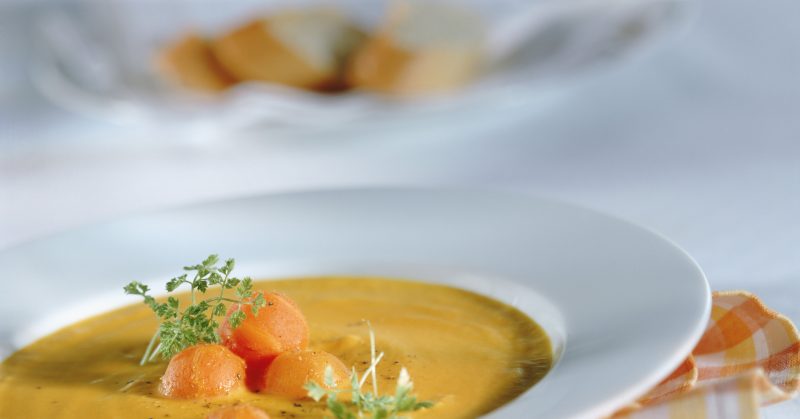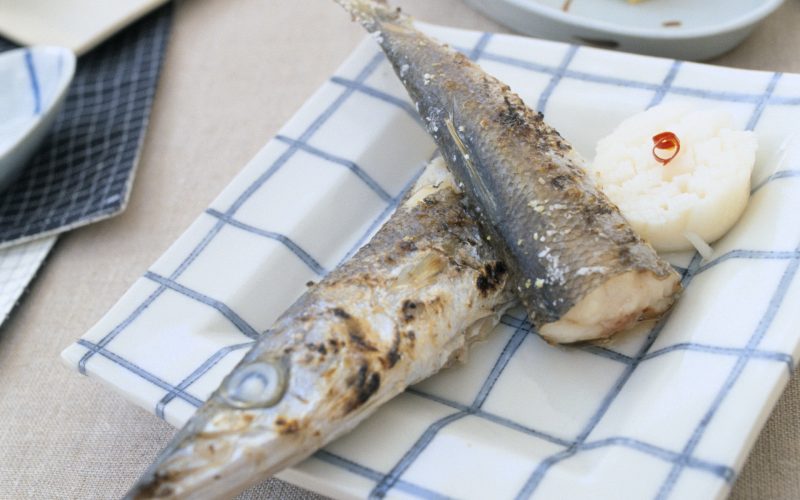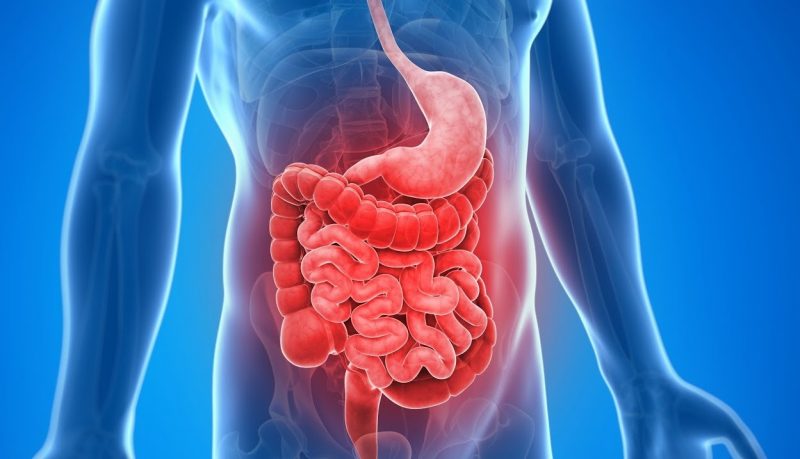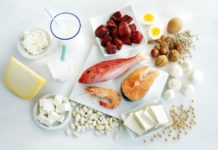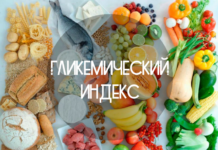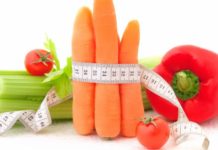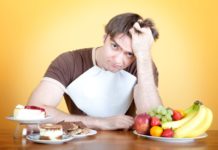The inflammatory process with colitis occurs in the mucous membrane of the colon. To give the digestive tract organs rest and time for a full recovery, you need to properly organize meals. For this, a special diet for colitis has been developed.
Material Content:
General nutritional guidelines for colitis
The diet for colitis is fairly strict, but only in this way can a positive result be achieved. This is not just a limitation at the request of doctors, but a method of treatment and a direct path to recovery.
With a pronounced exacerbation, the first 2 days it is better to eat nothing at all, but only drink enough water or tea (at least 1.5 l).
After a “food break”, the patient should adhere to a special medical diet for 3-10 weeks, depending on the symptoms of the disease. Only after the complete elimination of all symptoms can you carefully and gradually return to normal nutrition.
The main rule for ulcerative colitis: fried, spicy, smoked dishes, as well as all foods with insoluble fiber should be excluded from the menu. If such a component is beneficial to the body of a healthy person, then it only harms the patient. The fact is that fiber cannot completely break down, and during digestion it attaches to the membrane of the inflamed intestine, which only aggravates an already serious situation.
Table: diet products "Table No. 4"
The therapeutic diet according to Pevzner is very sparing for the digestive tract.This diet will reduce the severity of symptoms, which will lead to a noticeable improvement in the patient's condition.
What can I eat with a diet
Nutrition for ulcerative colitis is limited to a very narrow range of products. What can be eaten without harm to health is indicated in the table.
| Product group | Cooking method |
|---|---|
| Eggs | boiled “in a bag” or a light and tender steamed omelet (it is better to exclude protein) |
| Sweets | inedible cookies (rarely) |
| Milk products | milk (used only for making cereals), cottage cheese |
| Cereals | semolina, rice, buckwheat, oatmeal |
| Meat, poultry, fish | only low-fat varieties |
| Vegetables and fruits | boiled and chopped vegetables, applesauce (without peel) |
Of the drinks allowed green, black, herbal tea, diluted berry juices, clean water.
Fully or partially restricted products
Such products should be completely excluded from the menu in order to avoid the development of complications and deterioration:
- fatty meats and fish;
- flour, baking;
- legumes;
- animal fats (heavily overload the intestines);
- coarse cereals;
- mushrooms;
- pasta;
- fatty dairy products;
- spice;
- vegetables causing high gas formation;
- preservation;
- semi-finished products;
- sausages;
- sweets.
Alcohol and strong coffee during exacerbation are prohibited. Concentrated fruit juices also do not need to be drunk, since all of them in their composition have a large amount of acid, irritating the already inflamed mucosa. Vegetables and fruits are preferably consumed only in heat-treated form.
Detailed menu during exacerbation
All dishes should be served only in boiled, baked form or steamed. The consistency is very soft, so all food needs to be crushed.
The temperature should only be pleasantly warm: a mug of cold water or a plate of hot broth can provoke an attack in a couple of minutes.
Frequency of meals - at least five times a day. Moreover, the mass of servings cannot exceed the volume of a human handful.
Sample dishes for making the menu:
- skim cheese;
- mashed vegetable soups;
- steam omelet;
- soft and boiled buckwheat porridge;
- meat or meatballs, meatballs, steamed meatballs;
- rice pudding;
- manna.
A more specific list is a gastroenterologist, taking into account the patient's condition. Adequate treatment and adherence to nutritional principles help to feel a significant improvement in a couple of days.
Diet for chronic bowel disease
The main goal of the diet is not to irritate the intestines with inappropriate food. From the menu, dishes that enhance the processes of fermentation and decay are completely excluded.
Allowed meals:
- homemade crackers of wheat bread;
- low-fat meat and fish broths;
- steam cutlets, meatballs, meatballs;
- boiled fish;
- cottage cheese;
- boiled cauliflower;
- curd souffle;
- soft-boiled eggs (no more than 2 pieces per day);
- jelly and jelly;
- rice and buckwheat porridge, oatmeal;
- meat souffle;
- butter in limited quantities.
From drinks you can use a rosehip broth, black and green tea, coffee and cocoa on the water.
Sample menu for a day:
- In the morning: oatmeal chopped on the water, a little cottage cheese souffle.
- Snack: jelly from berries.
- The second main meal: light meat broth, steamed meatballs, well-boiled rice porridge.
- Snack: broth of wild rose.
- In the evening: buckwheat porridge, scrambled eggs.
- Before going to bed: berry jelly.
If the disease is accompanied by constipation, you can remove this problem through a properly organized diet. Be sure to eat boiled beets, fresh carrots, dried apricots, prunes (in crushed form). Rice must be removed from the diet, because it has a pronounced fixing effect.
Features for men, women
This diet has no gender differences. The selection of products is carried out only according to the symptoms, severity of the disease and depending on the causes of the pathology.The only difference is the amount of calories for daily consumption. For women and men, these indicators are different, they depend on lifestyle and energy expended.
Treatment of colitis is complex, so you can not do without a diet. Restrictions in food will help speed recovery and avoid concomitant health problems.
- Louise


